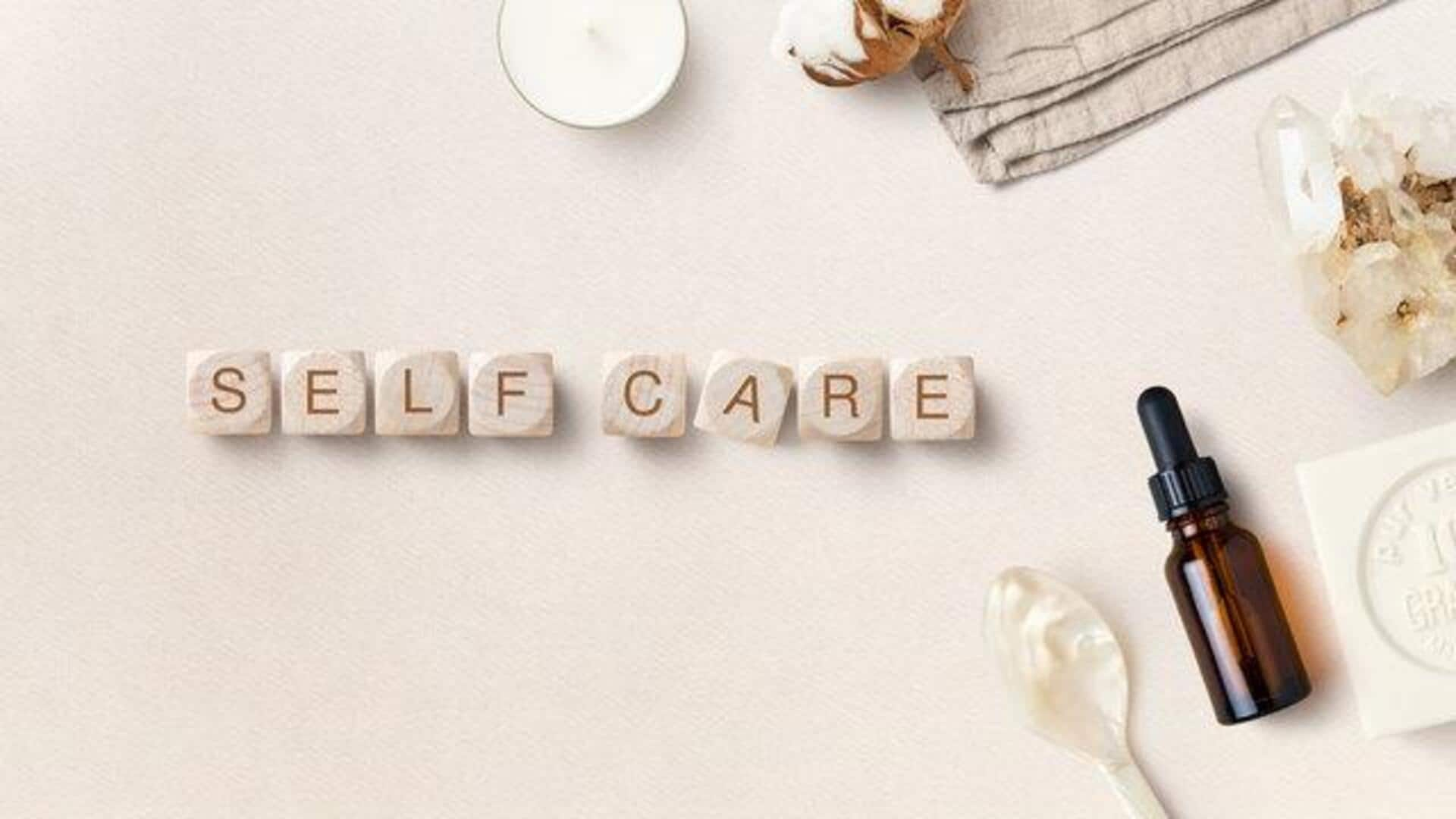
5 self-care myths you should stop believing
What's the story
Self-care is often touted as an integral part of maintaining mental and physical health. However, misconceptions regarding what self-care really means can lead to ineffective practices. Knowing the difference between myths and reality is key to adopting mindful habits. Here's a look at five common self-care myths, helping you approach self-care in a more mindful way.
Cost misconception
Myth: Self-care is expensive
Many think that doing self-care right means shelling out tons of money on high-end products or services. The truth, however, is that it can be simple and inexpensive. How about taking a stroll in the park, meditating at home, or indulging in a hobby? All affordable ways to take care of yourself without breaking the bank!
Altruism misunderstanding
Myth: Self-care is selfish
Most people think focusing on oneself is selfish, but that's a misconception. Taking time for one's own well-being actually makes one more present and supportive in their relationships. By meeting one's own needs first, people are in a better position to contribute positively to their communities and the well-being of their loved ones, enhancing overall communal harmony.
Time commitment fallacy
Myth: Self-care requires lots of time
Some believe that productive self-care requires hours of commitment every day. Although it's crucial to take out time for yourself, even quick breaks can help. A few minutes of stretching or deep breathing in between a rushed day can greatly enhance mental clarity and lower stress levels.
Activity limitation belief
Myth: Only certain activities count as self-care
There's a misconception that only certain activities count as self-care, like spa days or yoga classes. In reality, any activity that encourages relaxation or joy can be a form of self-care if it suits your needs. Be it reading a book or gardening, go by what you personally enjoy.
Relaxation focus error
Myth: Self-care is only about relaxation
While relaxation has an important place in self-care, it is only one part of a bigger puzzle. Genuine self-care also involves establishing healthy boundaries, actively pursuing professional help when needed, and participating in activities that promote growth and resilience. These habits provide a holistic approach to self-care, leading to long-term mental and physical well-being.